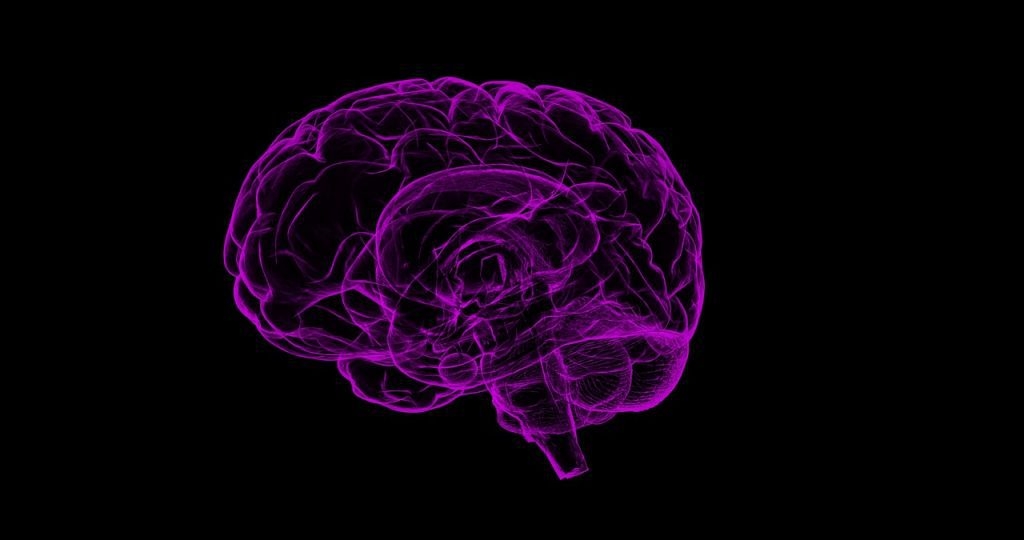The primary treatment for heart pain is a prescription of aspirin. This medication can be taken for a number of reasons, including a heart attack. However, it’s important to remember that aspirin doesn’t solve the problem on its own. Using aspirin on its own will not cure your chest pain, and you should consult a doctor to get the best treatment for your symptoms. Fortunately, there are several options that can help.
There are several medical conditions that can cause chest pain. In many cases, the pain may be due to a muscle strain, indigestion, or an underlying medical condition. If the pain is accompanied by other symptoms, it may be an indication of a heart problem. Patients with a history of chest pain should be tested for rheumatic and valvular heart disease, because these conditions can produce similar symptoms.
Some people experience angina pectoris, or discomfort in the heart muscle. The pain is usually felt in the chest or arms, but it can also spread to the jaw, shoulder, or back. Angina may be a sign of a heart problem called coronary artery disease. If the plaque in the coronary arteries is clogged, the pain is likely to be caused by angina. Therefore, it’s important to see a doctor immediately if you feel chest pain.
A typical heart pain may be associated with symptoms like coughing, diaphoresis, and shortness of breath. Some chest pain may be accompanied by a fever or dyspnea. In addition, the chest pain may be radiating to the left arm or neck, but this is very rare. If the chest pain persists for more than 10 minutes, you should call 911 and get yourself checked out by a physician.
The main reason for chest pain is coronary artery disease. However, there are other causes of chest pain. Inflammation of the heart muscle can lead to symptoms of myocarditis. The inflammation of the heart muscles can lead to fatigue and difficulty breathing. Inflammation of the arteries can cause a wide range of problems and may be caused by a number of factors. The most common of these is a heart attack, which results in the symptoms of chest pain.
The main symptom of a heart attack is pain in the chest. It may feel like a heavy weight pressing on the chest. In addition, it can spread to the back and arm. Various conditions can also cause pain in the chest. Most of the time, the pain in the chest can be caused by acid reflux. Some types of angina are caused by an obstruction of the artery that connects the lungs to the heart.
If the pain is referred to the chest, it is usually a sign of a more serious problem. If the pain is not accompanied by any other symptoms, it is not a heart attack. Rather, it is a symptom of coronary artery disease. When it is associated with a chest pain, the symptoms of a heart attack include a fever and phlegm. If the pain is in the chest, it may be caused by a symptom of indigestion.
If the pain is sharp or stabbing, it is most likely caused by a heart attack. It can also be caused by a number of other conditions, including acid reflux or a muscle strain. Whenever a person has chest pain, it’s important to seek medical attention immediately. Often, if it continues for more than a few minutes, it could be a sign of a heart attack. In the meantime, he or she should contact a doctor to determine the cause of their symptoms.
When a chest pain is accompanied by other symptoms, it’s important to get an accurate diagnosis. Symptoms of angina may be a result of a heart attack. Those symptoms are a sign of a heart problem. The doctor can then rule out any underlying condition. In the meantime, you should seek medical attention for a heart problem. If the pain persists, consult with a medical professional.
















